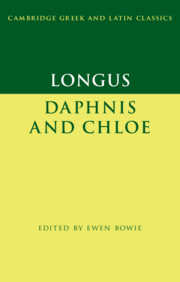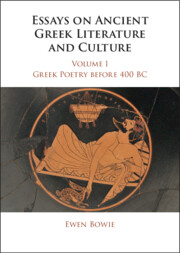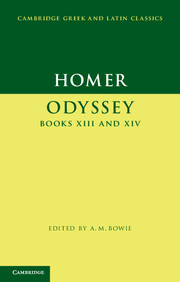Longus: Daphnis and Chloe
Longus' Daphnis and Chloe is arguably our finest surviving Greek novel. Written under the Roman Empire and engaging with romantic, pastoral and rhetorical themes, the story and characterisation have captured the imaginations of artists over the centuries. Despite a growing interest in ancient novels over the past half-century, this is the first full commentary to address Longus' linguistic texture and its implications for his literary aspirations, as well as his narrative skills and intertextuality with earlier Greek writers. The commentary provides a detailed analysis of Longus' Greek and its relation to other Greek prose and poetry of the second century AD and earlier, and emphasises the construction and style of the original text, drawing out key points for clarification and discussion. A wide-ranging introduction ensures that this book will be an indispensable guide for teachers and students of all levels who are looking to engage with Longus' writing.
- Full and detailed introduction to and commentary on arguably the finest surviving Greek novel, intended for use in the classroom
- Highlights and explains the differences between Longus' Greek and the Classical Greek with which most students are familiar
- Situates the novel within its literary contexts and the contemporary world of the Roman Empire
Product details
October 2019Paperback
9780521776592
346 pages
215 × 138 × 17 mm
0.48kg
Available
Table of Contents
- Introduction
- 1. The text and the story
- 2. Longus' poetic intertexts
- 3. Longus' exploitation of earlier prose texts
- 4. Poetic elements in Longus' prose?
- 5. Religion
- 6. City and country
- 7. Art and nature
- 8. Style and language
- 9. Syntax
- 10. Choice of words
- 11. Longus' non-Attic lexicon and date
- 12. Reception and transmission
- 13. The text and commentary
- ΛΟΓΓΟΥ ΠΟΙΜΕΝΙΚΩΝ ΤΩΝ ΚΑΤΑ ΔΑΦΝΙΝ ΚΑΙ ΧΛΟΗΝ
- Commentary.





